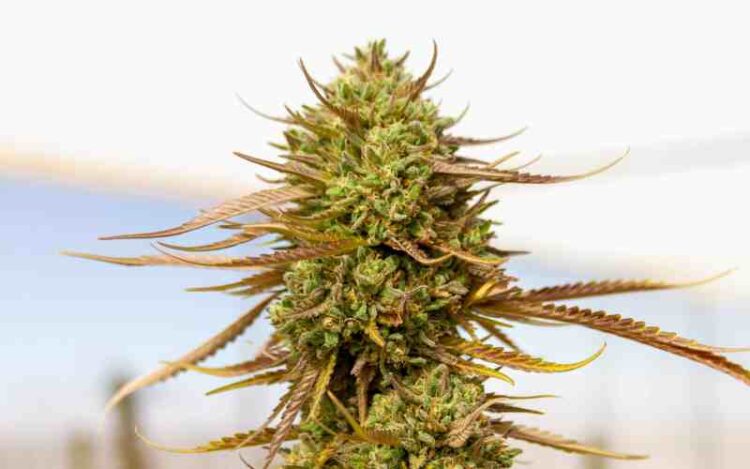Washington cannabis employment law is set to introduce new protections for workers against pre-employment cannabis screenings in many situations.
On May 9, Governor Jay Inslee endorsed Senate Bill 5132, establishing extensive rights for cannabis-using employees and setting restrictions on pre-employment cannabis tests. Employers are expected to adhere to these regulations by January 1, 2024, the enactment date of the bill. Senator Karen Keiser (D-Des Moines), chair of the Senate Labor & Commerce Committee, sponsored this legislation.
The bill specifies, “It is illegal for an employer to exclude a candidate based on: (a) The individual’s consumption of cannabis outside of work and off the employer’s premises; or (b) A required drug test by the employer that detects non-psychoactive cannabis residues in the individual’s hair, blood, urine, or other bodily fluids.”
Following the adoption of Initiative 502, Washington legalized the sale of cannabis for adult use in 2012. During the 2022-2023 legislative session, efforts were made to align hiring practices with the current statutes.
SB 5132 outlines exceptions for positions requiring federal security clearances, law enforcement roles, fire services, first responders, corrections officers, and jobs within the airline or aerospace sectors, as well as other roles considered safety-sensitive.
The Ineffectiveness of Cannabis Drug Testing
As reported by the Spokesman-Review article, cannabis residues can be detected long after the effects have worn off, persisting up to 30 days, whereas cognitive impairments last only between three to ten hours. A 2021 University of Sydney study revealed the shortcomings of drug tests in accurately assessing impairment from cannabis.
“Screening for cannabis use outside of work has never been founded on scientific evidence,” stated Paul Armentano, Deputy Director of NORML. “This outdated practice is a remnant of the 1980s drug war era. However, with changing societal attitudes and laws around marijuana, it is crucial for workplace policies to evolve and stop penalizing employees for non-work related activities that do not endanger workplace safety.”
Armentano further noted, “Similarly to how employees who consume alcohol responsibly off-duty face no repercussions unless it affects their job performance, cannabis users should be afforded the same consideration.”
States such as Nevada, California, Connecticut, Montana, New Jersey, New York, and Rhode Island have implemented job protections limiting the ability of employers to test for THC or to penalize employees for off-duty cannabis use. Cities including Atlanta, Baltimore, Philadelphia, and the District of Columbia have also enacted measures restricting pre-employment screenings for cannabis.
The impact of cannabis dissipates within hours, and research indicates that off-duty cannabis users perform comparably to their colleagues who do not use cannabis.
With the passage of SB 5132, Washington employers are required to overhaul their drug screening protocols to comply with the new legal safeguards, excluding tests for non-psychoactive cannabis compounds and specifying the conditions under which testing is warranted, such as following accidents or under suspicion.
Following similar developments, in October 2021, the New York State Department of Labor issued guidelines reflecting the legal stance on recreational marijuana use, reinforcing that off-the-clock consumption should generally be accepted by employers and classifying mandatory pre-employment testing for cannabis as discriminatory.
CHECK THIS: Baltimore Cannabis Business License Suspended Due to Cookies Dispute









